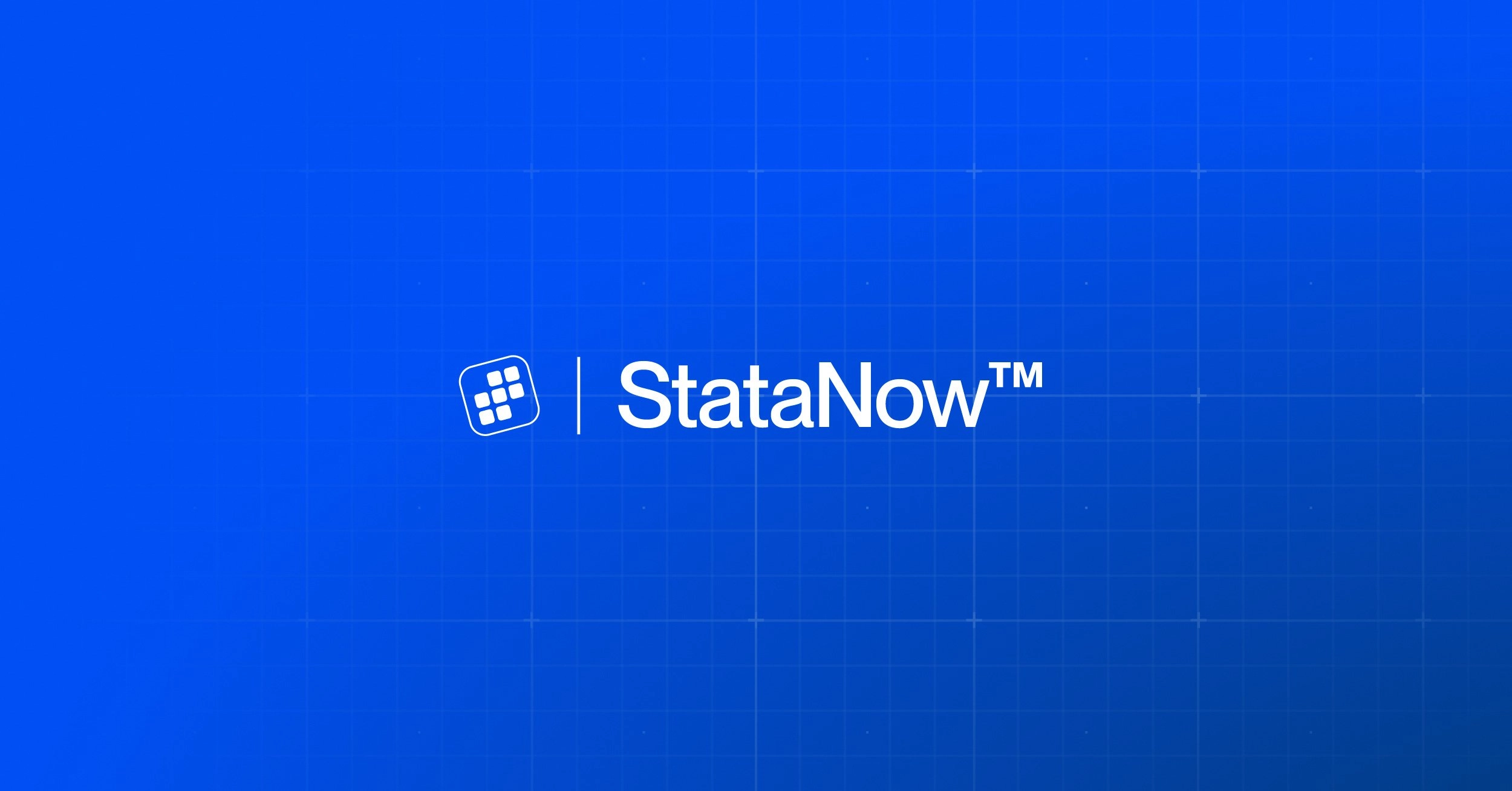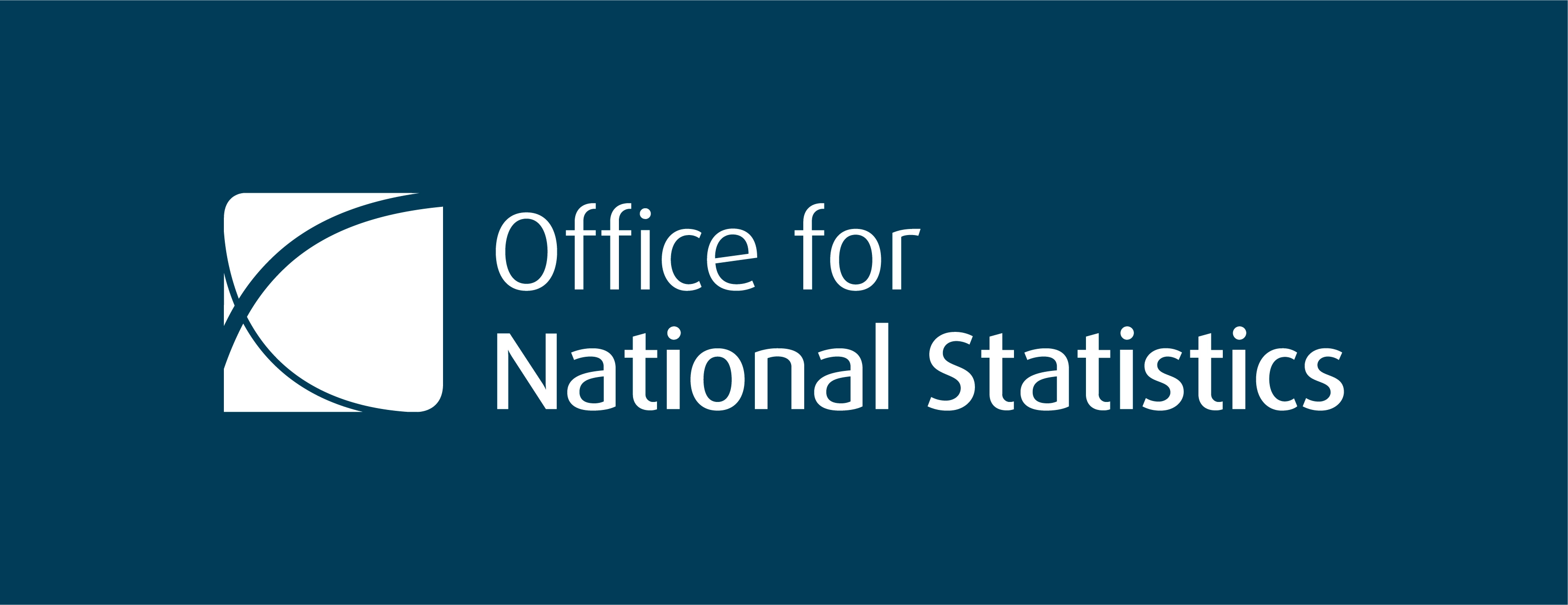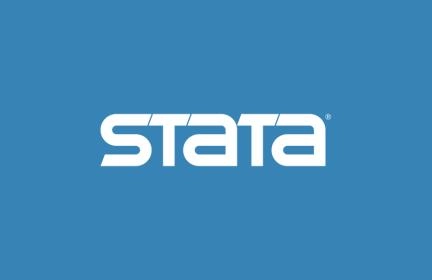

Introducing Stata 19
The Complete Statistical Software For Data Science
Stata delivers everything you need for reproducible data analysis—powerful statistics, visualization, data manipulation, and automated reporting—all in one intuitive platform.
Stata delivers everything you need for reproducible data analysis—powerful statistics, visualization, data manipulation, and automated reporting—all in one intuitive platform.

Real World Training
Expert-led online and in-person training
Level up your career or train your team with expert-led courses delivered online or in person. Choose from our wide range of public courses or opt for tailored, bespoke training built around your organisation’s goals.
Advance your career or upskill your team with expert-led online or in-person courses—public or tailored to your organisation’s goals.

Tailored Solutions
Expert Consultancy that Delivers Results
Empower your organisation with targeted consultancy from expert analysts who blend technical expertise with global best practices.
Empower your organisation with targeted consultancy from expert analysts who blend technical expertise with global best practices.

Network and Connect
Webinars, Workshops & Conferences
Join our global programme of events—from online webinars and hands-on workshops to major conferences we run or sponsor—designed to share insights, build skills, and grow your network.
Join our global events—from webinars and workshops to major conferences—to gain insights, build skills, and expand your network.


Tour Stata 19


Stata 19 Webinar


Stata Training


Consultancy
Conferences, Webinars and Workshops
Find Out More
Training Courses

Causal AI: Double Machine Learning, Treatments Effects & LLMs

Dr. Melvyn Weeks
Introducing StataNow
StataNow is a continuous-release version of Stata that offers new features as soon as they are ready.
StataNow provides access to new features as soon as they are certified ready by the development team. Those features are added to StataNow via free updates as soon as they are available. Thus, StataNow provides access to new features sooner. For instance, StataNow 19 contains features that will also be part of a future major release, Stata 20.


The Bulletin
-
 More
More -
 More
MoreIs the World Heading for a Soft Landing in 2026?
-
 More
MoreA Generation at Risk: The Realities of Youth Unemployment in Europe and the UK
-
 More
MoreRebuilding Economies After Natural Disasters: What Does The Data Say?
-
 More
MoreAI’s Hidden Cost: The Unanswered Question of Energy Consumption
-
 Cambridge 2025More
Cambridge 2025MoreCausal Machine Learning: Principled Approaches for Econometric Analysis
Upcoming Event
2026 UK Stata Conference, London
3 & 4 September 2026
Submit your abstract to present at the 2026 UK Stata Conference. Click below to find out more.

































